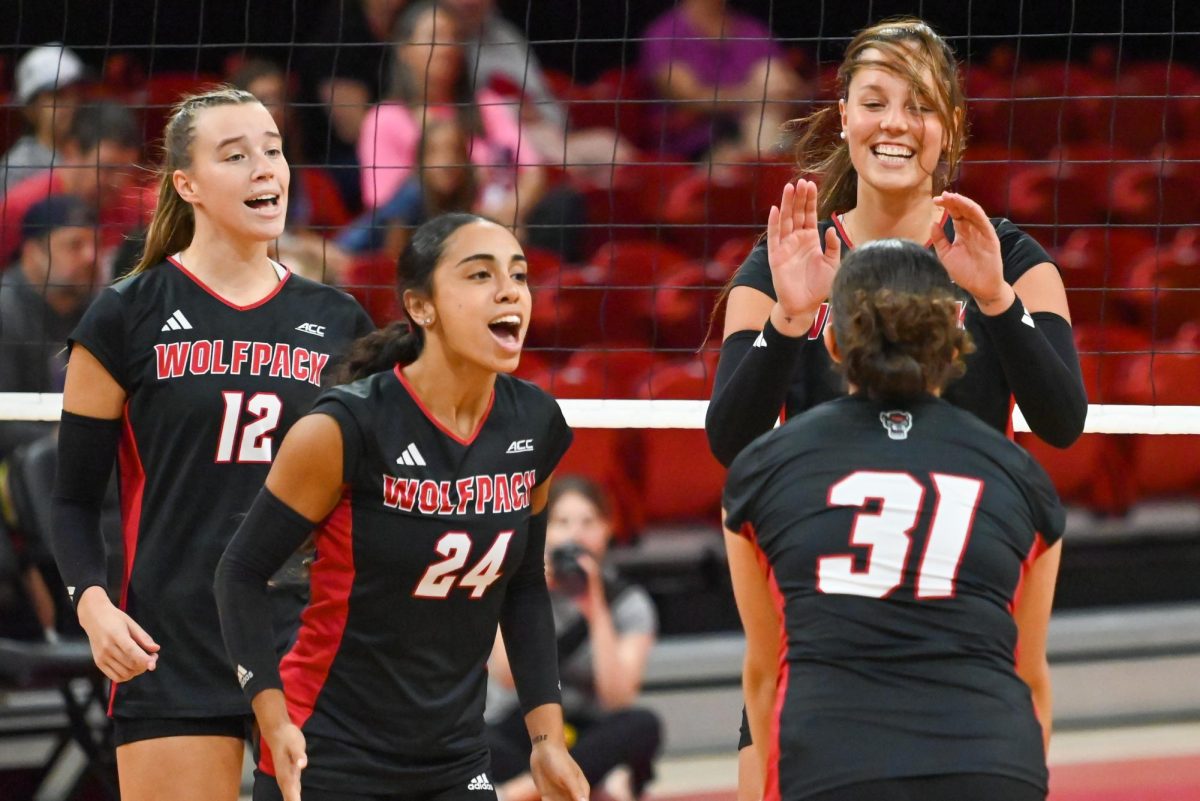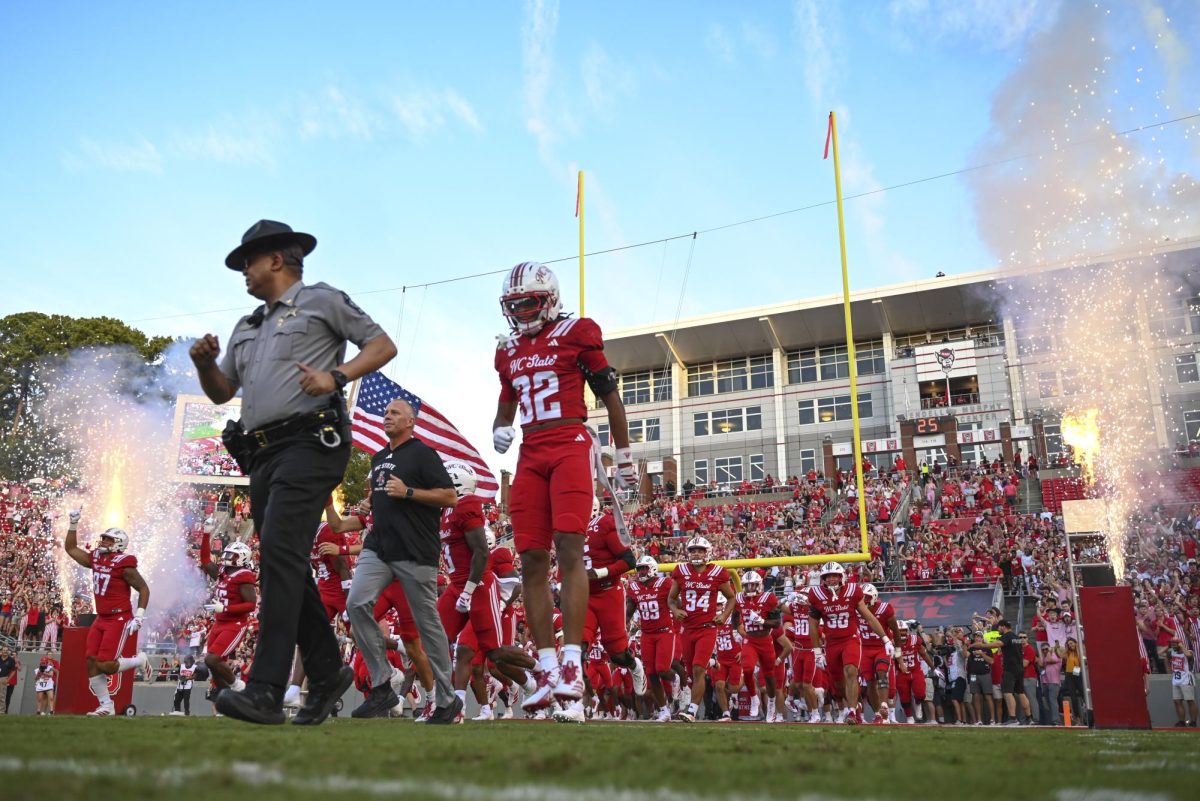The Department of Philosophy and Religious Studies, along with the Academic Study of Religion club, introduced the University of Maryland’s Ian Ward in a public lecture about Thursday afternoon entitled Solidarity in a Secular Age: Religion, Democracy, and the Work of Citizenship.
The lecture, as part of the club’s Religious Studies Colloquium Series, emphasized the importance of citizens overcoming their differences in religion and beliefs.
N.C. State assistant professor Levi McLaughlin, who went to graduate school with Ward, organized the lecture event.
“Ward is one of those rare people who bridges the gap between a variety of studies,” McLaughlin said. His [Ward’s] research includes democratic political theory, critical thought and the academic study of religion,
In a packed lecture room on the second floor of Daniels Hall, Ward began explaining how constitutional democracy is not a gift granted to citizens, but an achievement that must be fought for.
In Maryland, Ward currently teaches a course entitled, “Does Democracy have a Future?” In the course, Ward stresses to his students the crisis of democracy in the modern era.
Democracy is in crisis because government officials do not accommodate to the interests of the common citizen, according to Ward.
“We have an asymmetry of information between government and ordinary citizens,” Ward said. “Through the growth of security regulation, government officials are coming to know more and more about the behavior of citizens, and citizens know less and less about the behavior of government officials.”
Ward continued to detail the aspects of government that make its accountability to citizens inadequate, including the growing income gap between rich and poor, the environmental disasters that arise from human interactions with nature, the effects of global financial decisions and the power granted to government in times of emergency.
According to Ward, government decisions made in these situations reflect small interest groups and ignore the desires of average citizens.
“In emergency situations like 9/11 and Hurricane Katrina, democracies enact laws that give sweeping power to officials, and we are put in a position where their accountability to the public is suspended,” Ward said.
Ward said that these scenarios make the public “scattered, mobile and diverse,” leaving citizens to seek solidarity and a defined political identity. To accomplish this unity, nations often seek religious nationalism, eliminating the deemed “problem” of religious differences.
Ward determined that the only way for citizens in diverse locations to find solidarity is to change their definition of citizenship from a legal term, defining belonging to a country, to a role in assuming the shared responsibility for common arrangements.
He proposed that through interfaith groups like the Partners for Urban Knowledge, Action and Research located in Mumbai, India, citizens can acknowledge their successes and failures and achieve this unity by building trust despite their differences.
At the conclusion of his lecture, students questioned Ward in a brief Q&A session, in which they related his discussion to current issues facing North Carolina and college campuses.
Mirna Dave, a sophomore in biology and international studies, said, “A college campus is very diverse, so it’s hard to build solidarity. We have to learn to be accepting if we want to move forward.”




